A Copywriter’s Hack to Writing Killer Hooks (And Why They Matter)
If your content isn’t getting clicked, read, or watched, it’s probably not your content.
It’s your hook.
In a world where your dream investor, buyer, or audience is scrolling at lightning speed, you have three seconds or less to grab their attention. That’s it. And if your hook doesn’t land, nothing else you wrote matters.
Whether you’re launching a pitch deck, landing page, sales campaign, or LinkedIn post, writing a great hook is non-negotiable, especially if you’re building a brand that doesn’t yet have wide recognition.
At Tribe, hooks aren’t just for copywriters.
They’re the backbone of everything we do.
So let’s break down what makes a hook scroll-stopping, click-worthy, and impossible to ignore and how you can write better ones today.
Why the First 3 Seconds Determine Everything
The digital battlefield is ruthless.
Everyone has something to sell.
Everyone’s posting.
So when your audience lands on your message, your ad, or your investor deck, they’re subconsciously asking:
- Is this for me?
- Is this different?
- Is this worth my attention right now?
A good hook doesn’t just answer those questions.
Interrupt the scroll. Earn attention. Spark curiosity
Whether it’s a LinkedIn headline, YouTube title, sales email subject line, or the first slide of your deck, your hook is the first domino. If it falls, everything else can work.
If it doesn’t, no one sticks around long enough to find out what you’re offering.

The Psychology Behind High-Click Hooks
Hooks work when they tap into primal motivators, things our brains are hardwired to notice.
Here’s what high-performing hooks do:
1. Spark Curiosity
Humans are wired to seek answers. If your hook creates a knowledge gap, we’ll lean in to fill it.
Ex: “What most startups get wrong in their first 90 days (and how to fix it)”
2. Call Out a Specific Identity or Problem
When someone feels seen, they pay attention.
Ex: “For first-time founders who feel like they’re faking it…”
3. Offer a Shortcut or Transformation
Everyone wants the edge.
Ex: “The 10-second messaging tweak that doubled our click-through rate”
4. Break the Pattern
Hooks that defy expectations, flip the script, or challenge the norm disrupt the reader’s autopilot.
Ex: “Stop writing content. Start writing for conversion.”
Great hooks don’t yell louder, they signal smarter.
3 Hook Frameworks We Swear By at Tribe (With Examples)
We use these every day, for clients, for Tribe, and for our own LinkedIn growth. Here’s how to steal them:
1. The “What No One Tells You” Hook
Use this to address uncomfortable truths or expose industry blind spots.
- “What no one tells you about raising your first round”
- “No one cares about your features, until you do this first”
2. The “Specific Shortcut” Hook
Use this when you have a tangible, punchy tip or angle.
- “The 15-minute content plan we use for every client launch”
- “This one-slide tweak changed our investor close rate”
3. The “If You’re Struggling With X” Hook
Perfect for empathy + segmentation.
- “If you’re struggling to explain what your product actually does…”
- “For founders who feel like their brand doesn’t match their vision”
💡 Pro tip: Write 10 hooks before you settle on one. The best hook is rarely the first one you write, it’s the 9th or 10th variation after you dig past the obvious.

Why Most AI Hooks Fall Flat (And Why You Should Care)
You’ve probably seen them:
- “10 tips to improve your brand”
- “Are you ready to succeed?”
- “Boost your ROI with this tool!”
Sound familiar? That’s because these are AI-generated filler lines that lack tension, specificity, or insight.
They look like content.
But they feel like noise.
As copywriter Ava Jurgens put it:
“AI can mimic structure, but it can’t manufacture insights.”
We agree.
If you’re using AI, great. Just don’t publish the first draft.
The insight, the hook, is your job.
Want to Write Better Hooks? Start With Desired Outcomes
This is where most startups go wrong.
They start with the feature. The “what.” The explanation.
Great hooks start with the desired transformation of your audience.
Instead of: “New SaaS tool for organizing team workflows”
Try: “Your team will never ask ‘where’s that doc?’ again”
Instead of: “Modular robotic platform for minimally invasive surgery”
Try: “Cut OR time in half without changing your workflow”
Stop explaining. Start translating.
Your audience doesn’t want to understand your product.
They want to understand how their life improves because of it.
Get Our Favorite 10 Hooks to Steal and Adapt
Want to plug these ideas directly into your brand, emails, content, or launch materials?
📥 Download our free Hook Swipe File
Final Thought: Your Hook Isn’t Just a Headline. It’s a Strategy.
Hooks aren’t fluff.
They’re not “copy tricks.”
They’re the difference between ignored and remembered. Between bounced and clicked. Between missed and converted.
Your first three seconds matter.
And the people who win the click are the ones who earn it, with clarity, tension, and relevance.
Ready to Build a Brand That Grabs Attention and Converts?
Tribe Agency helps early and growth-stage startups and their visionary teams build a marketing strategy that cuts through noise and lands with the right people.
What we offer:
- One-Day VIP Intensives for Executives
- Launch Campaigns & Content Strategy
- Marketing On-Demand (Flat Rate Monthly Marketing)
- Brand Bundle (Includes: Brand Kit, Messaging & Conversion-Focused Websites)
Explore our Services here.
🎙️ Want to go deeper into content that converts, startup brand strategy, and messaging clarity? Tune into the Leadr. Podcast
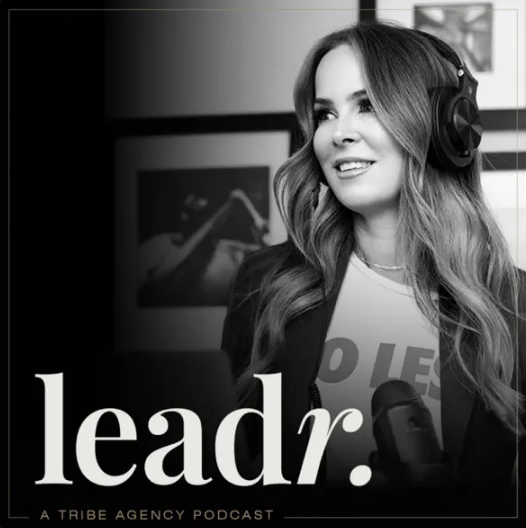



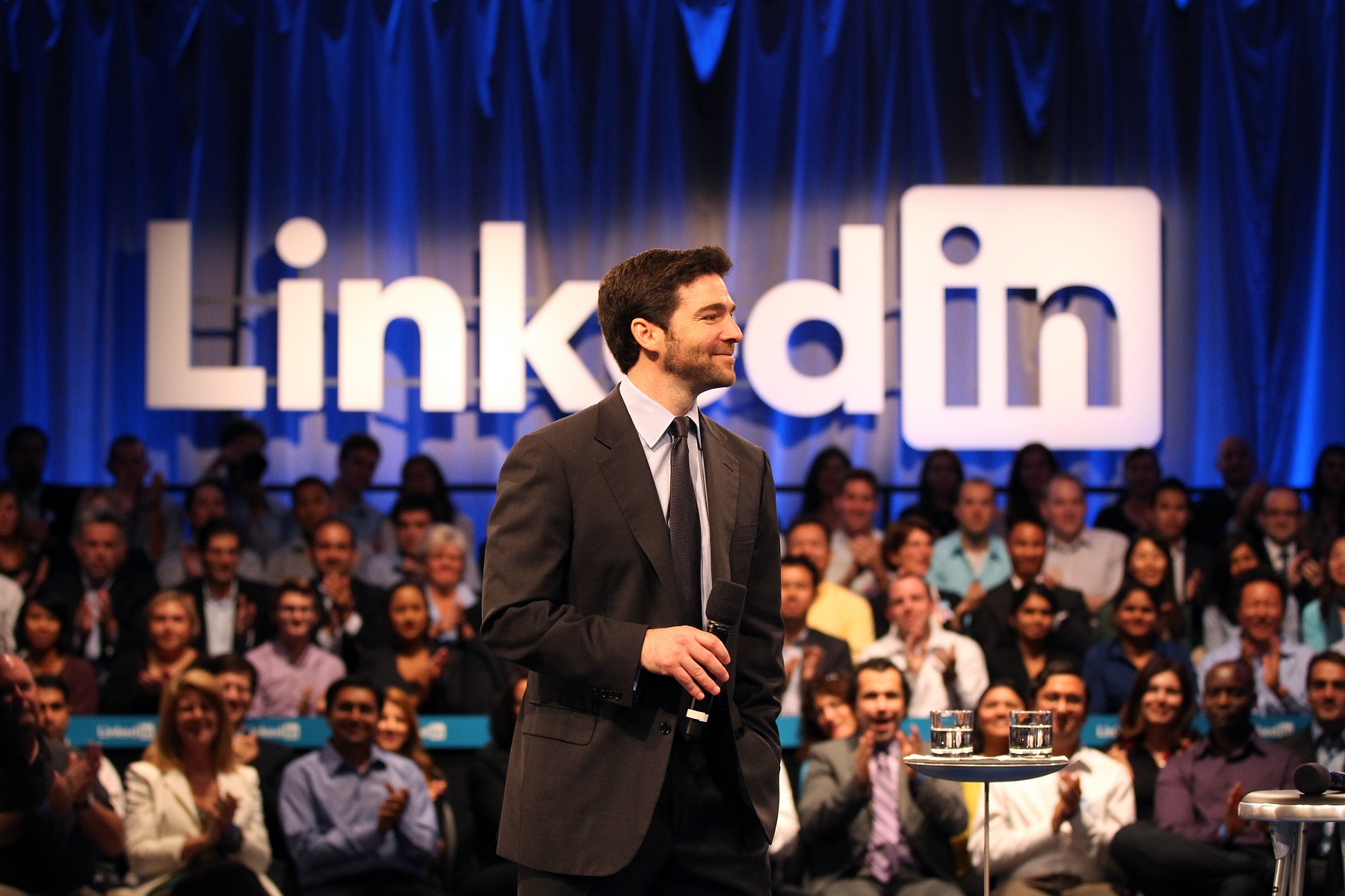
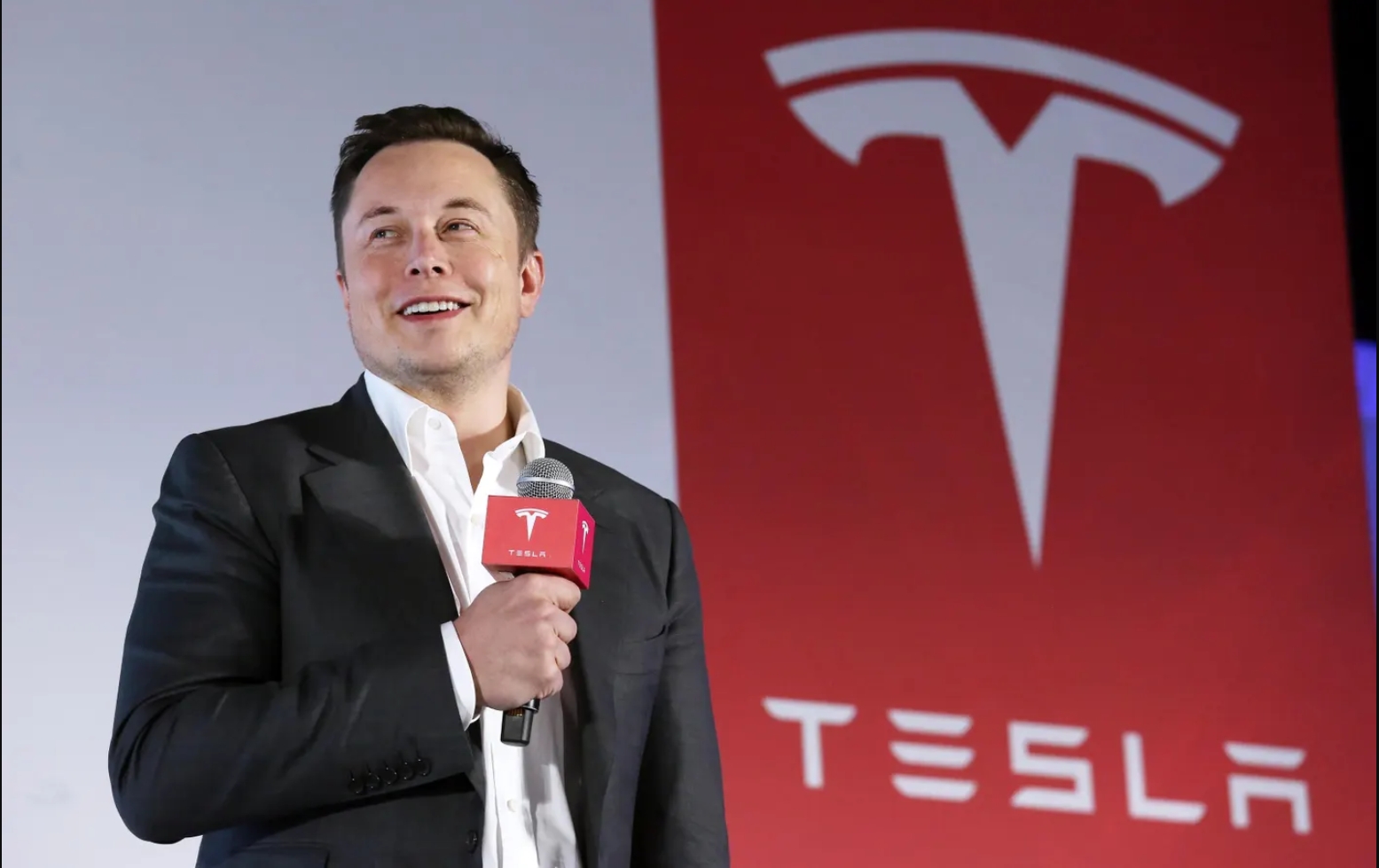
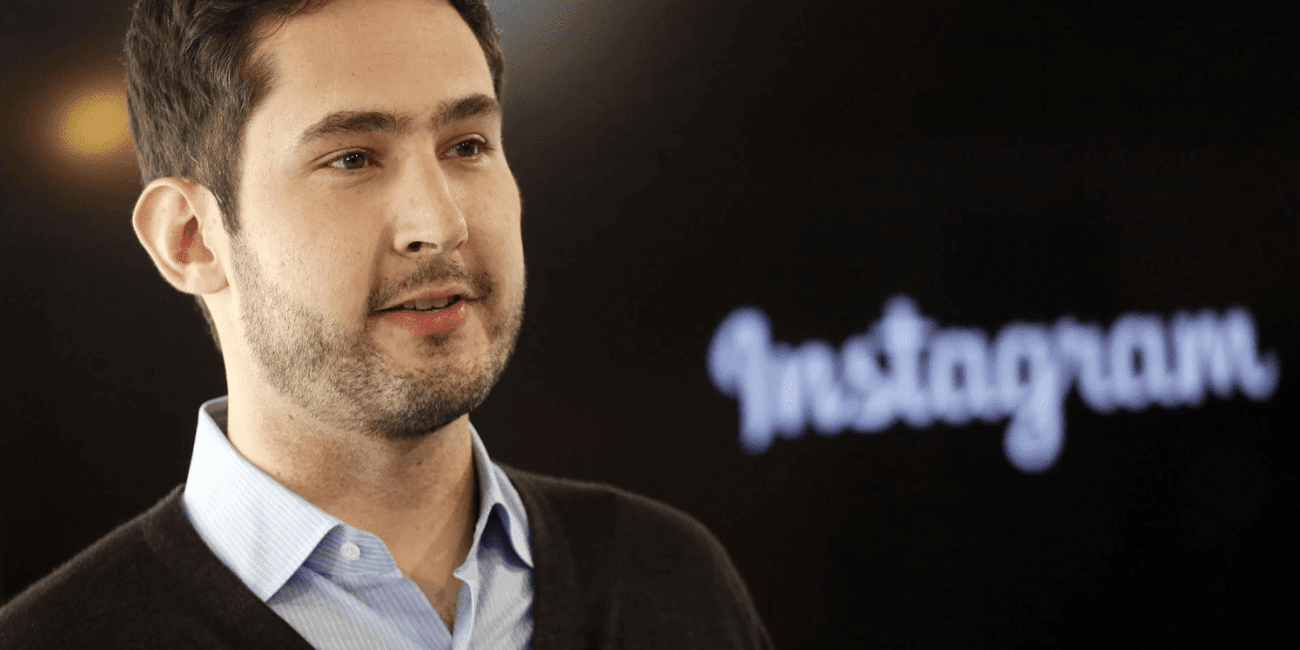







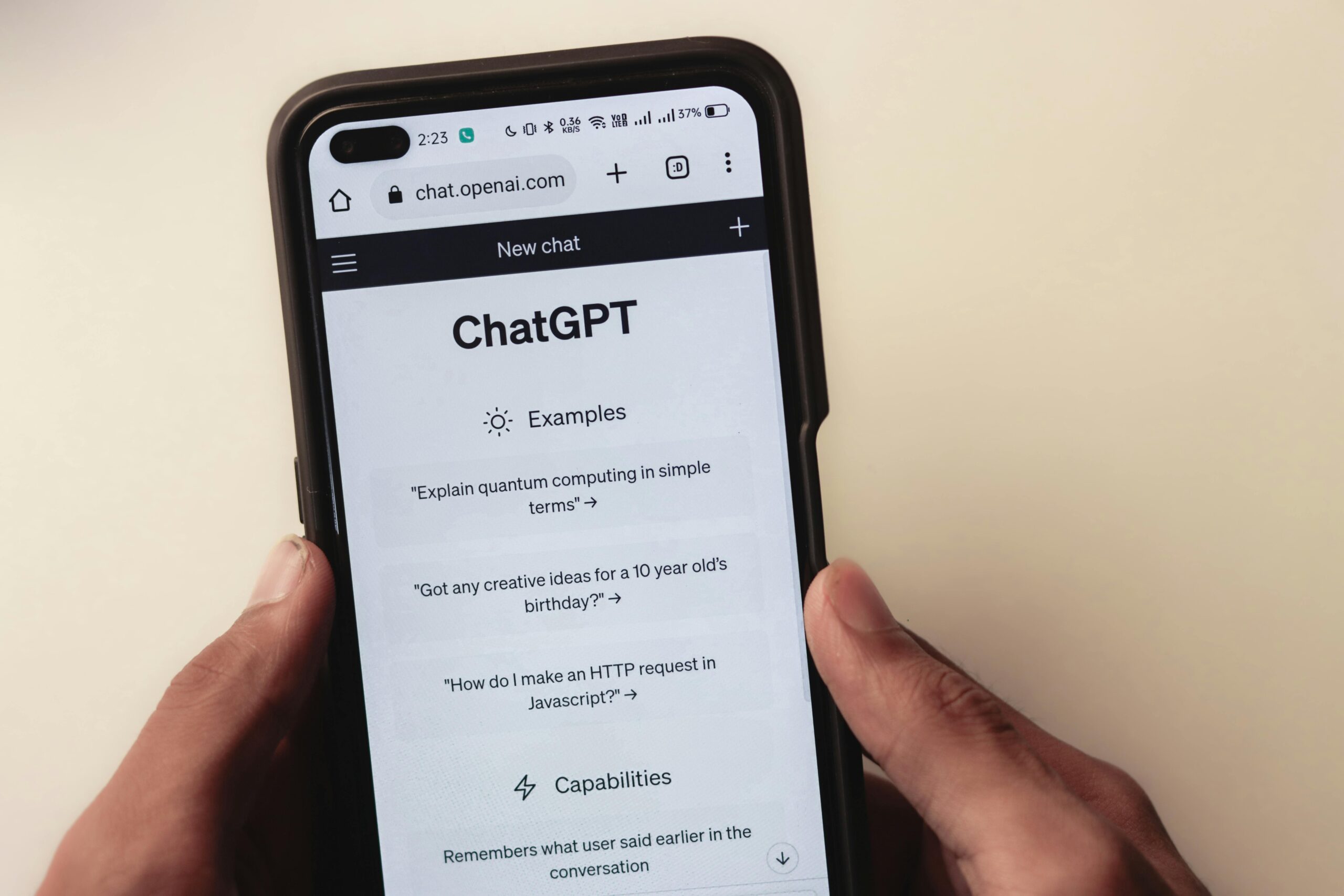


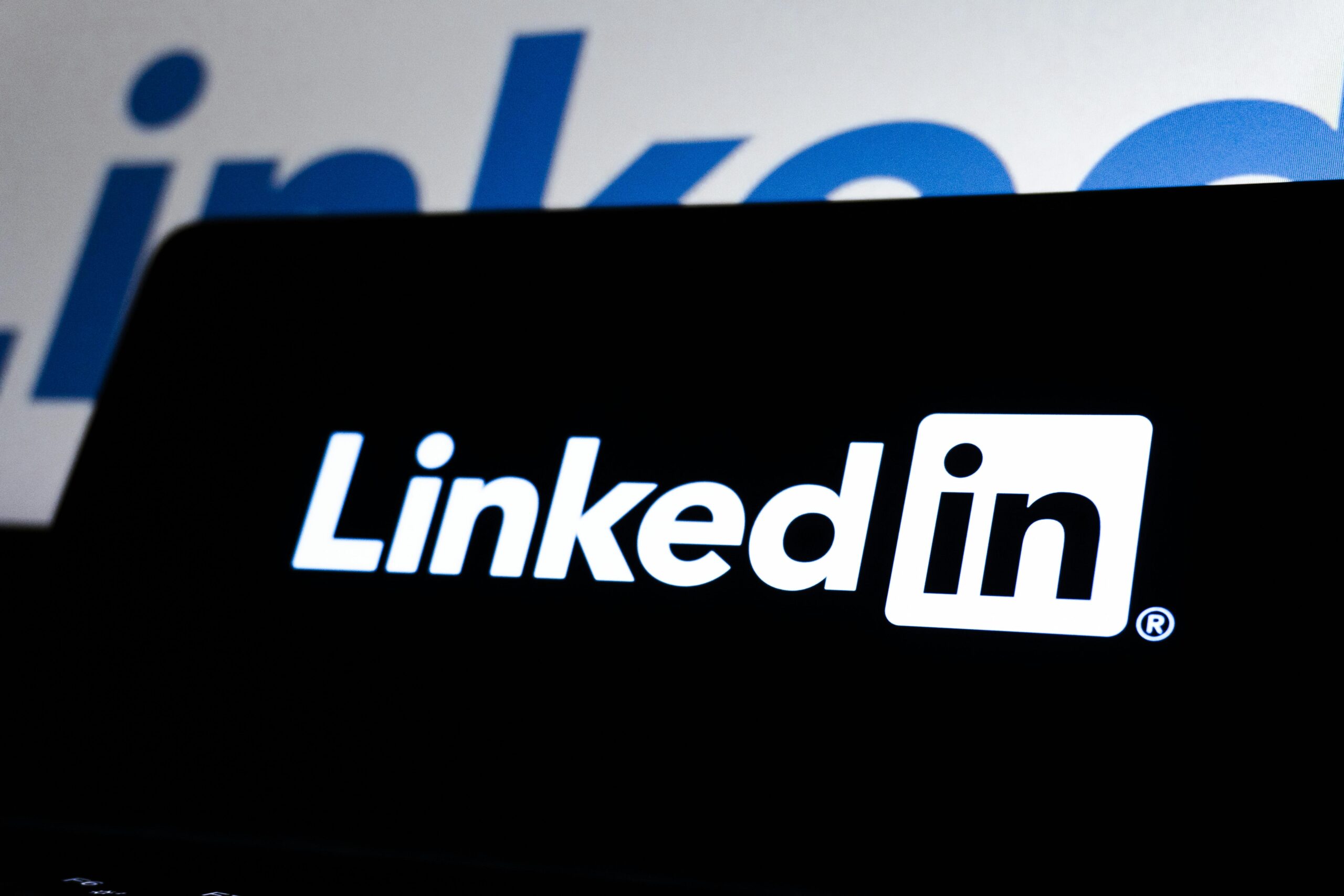









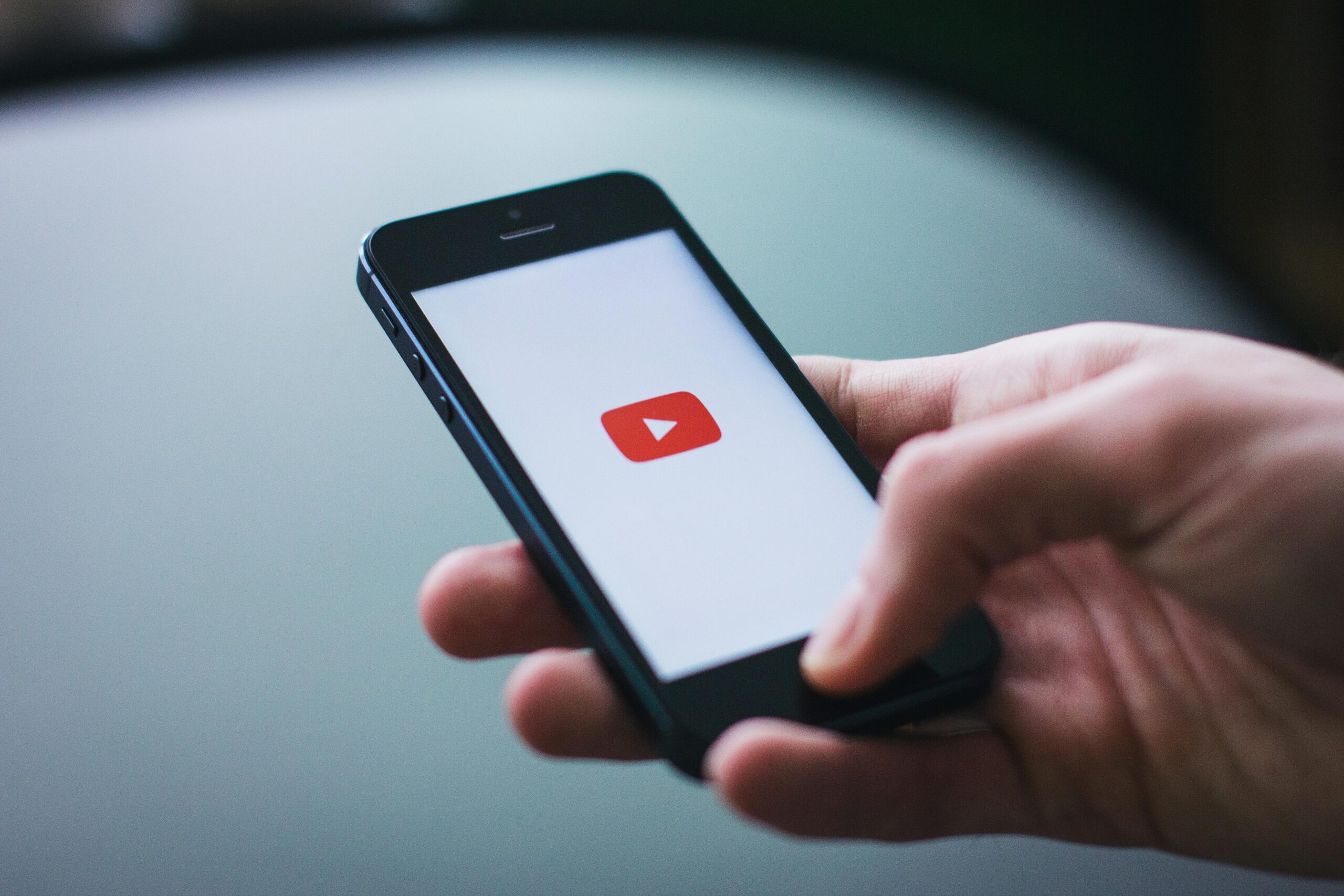



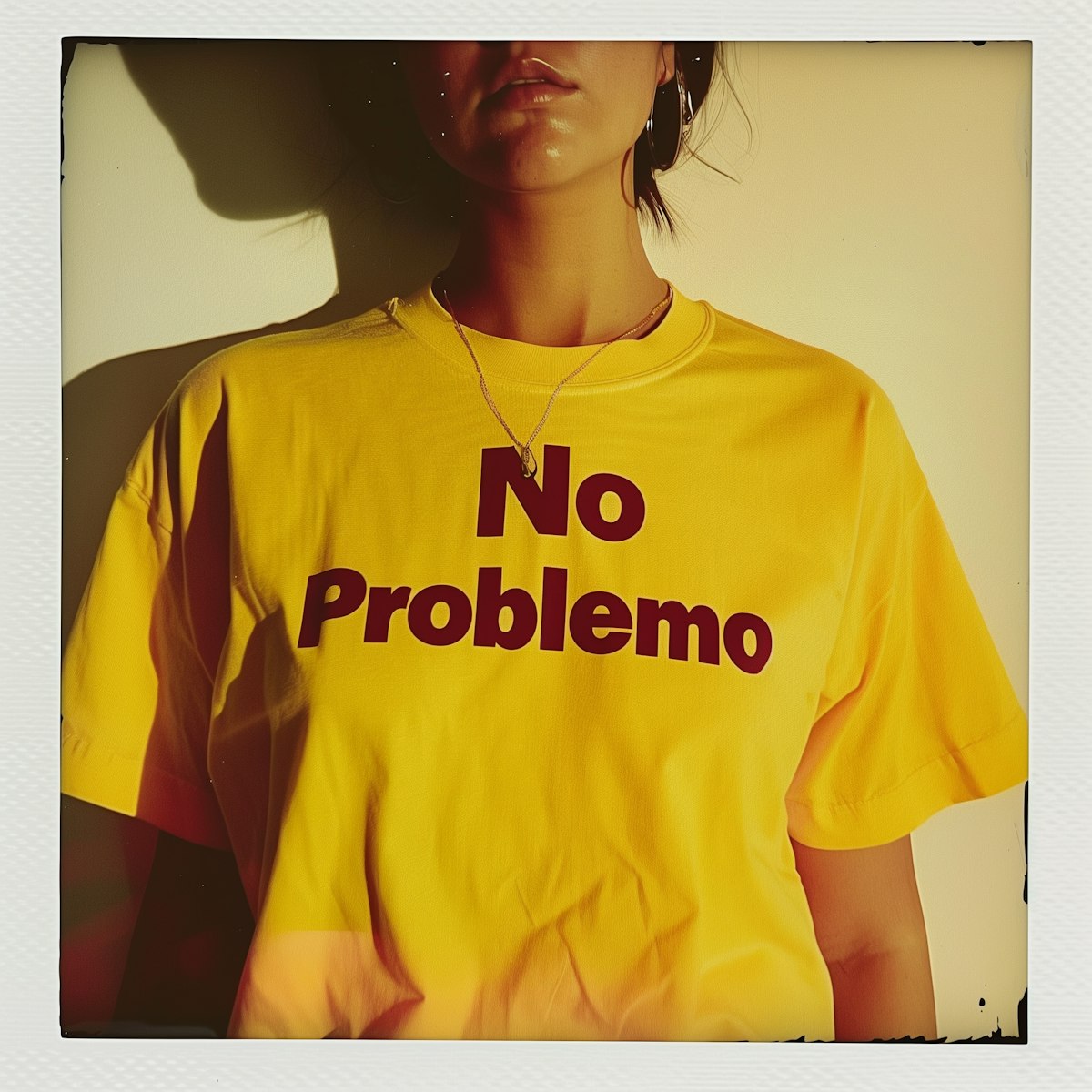






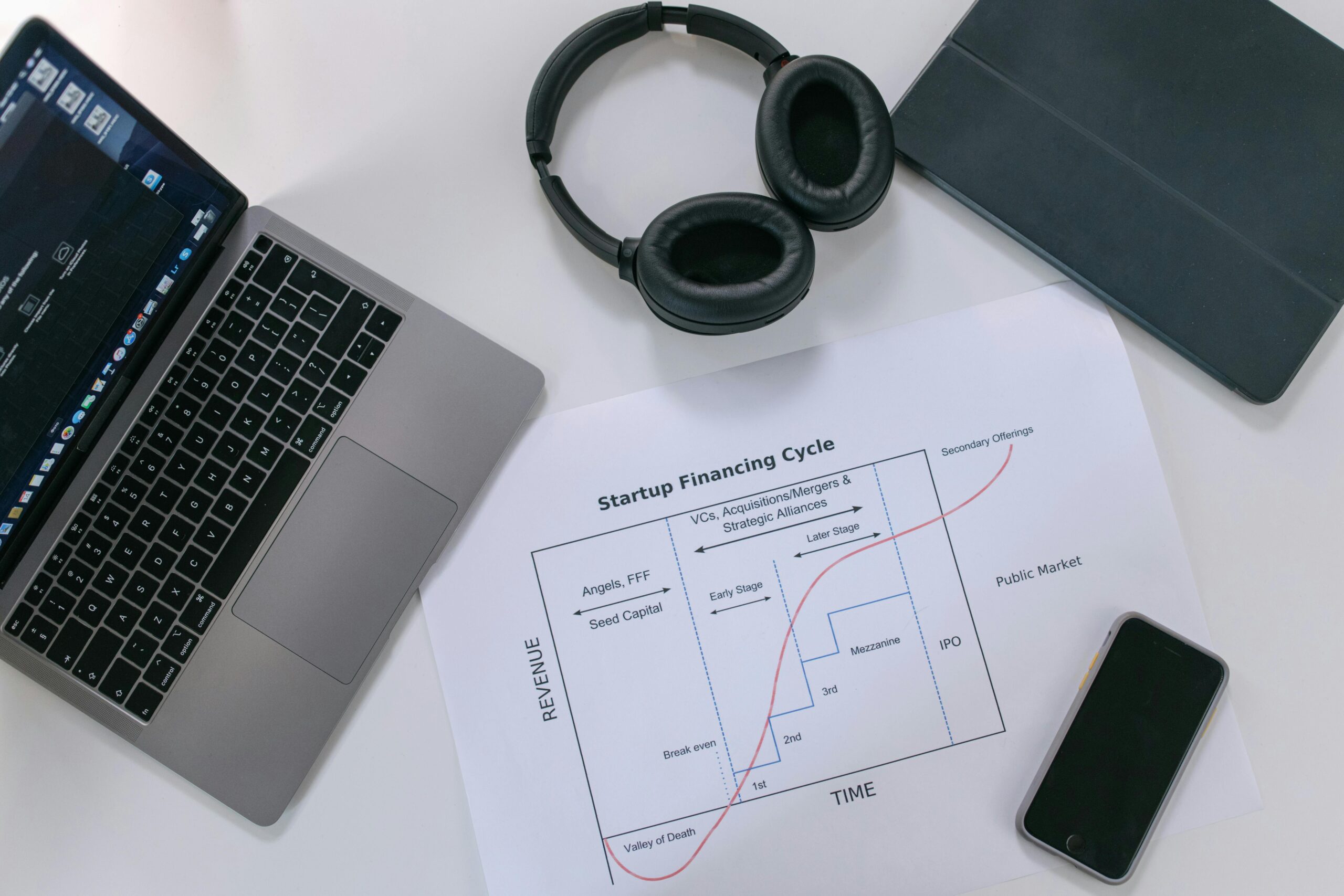








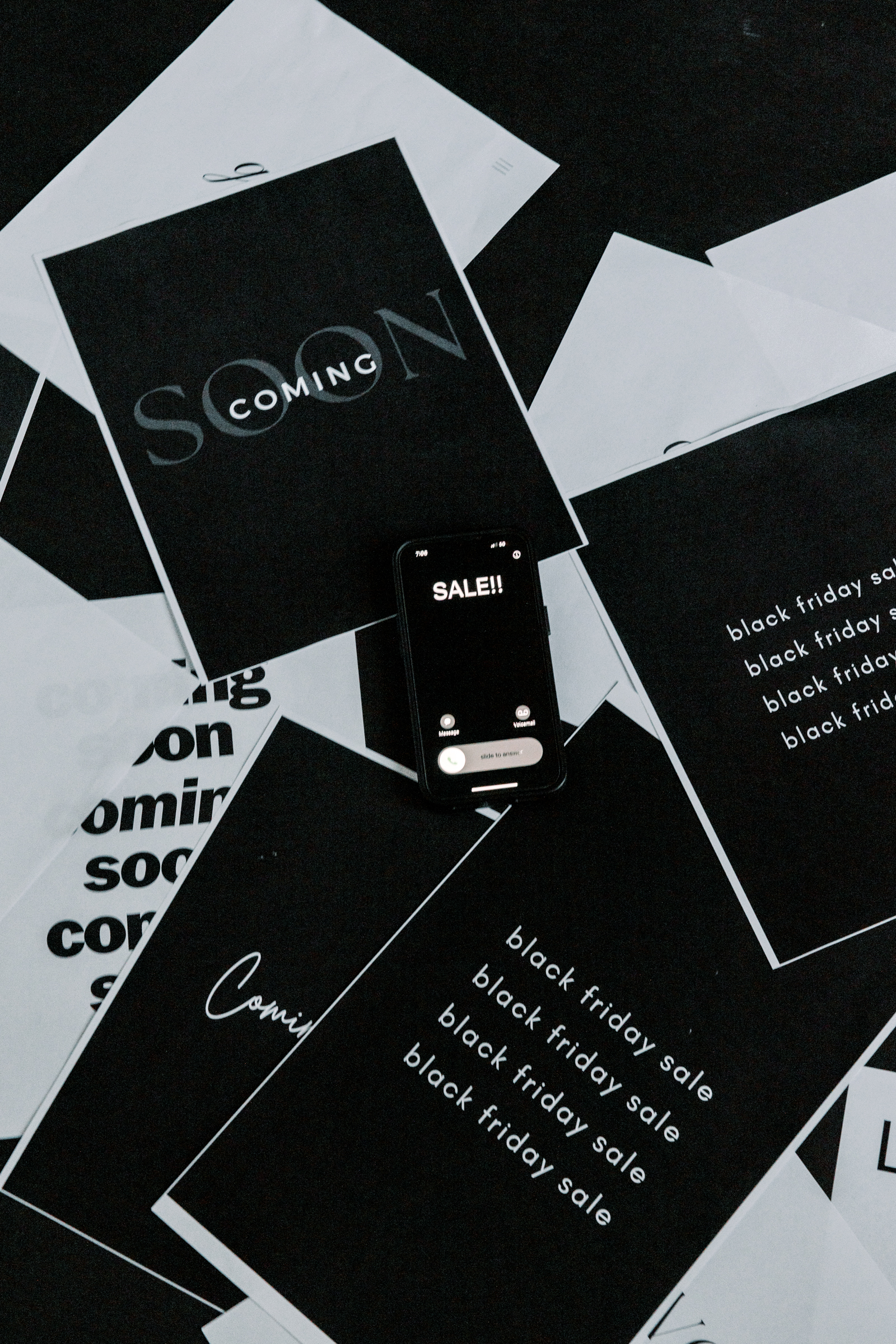



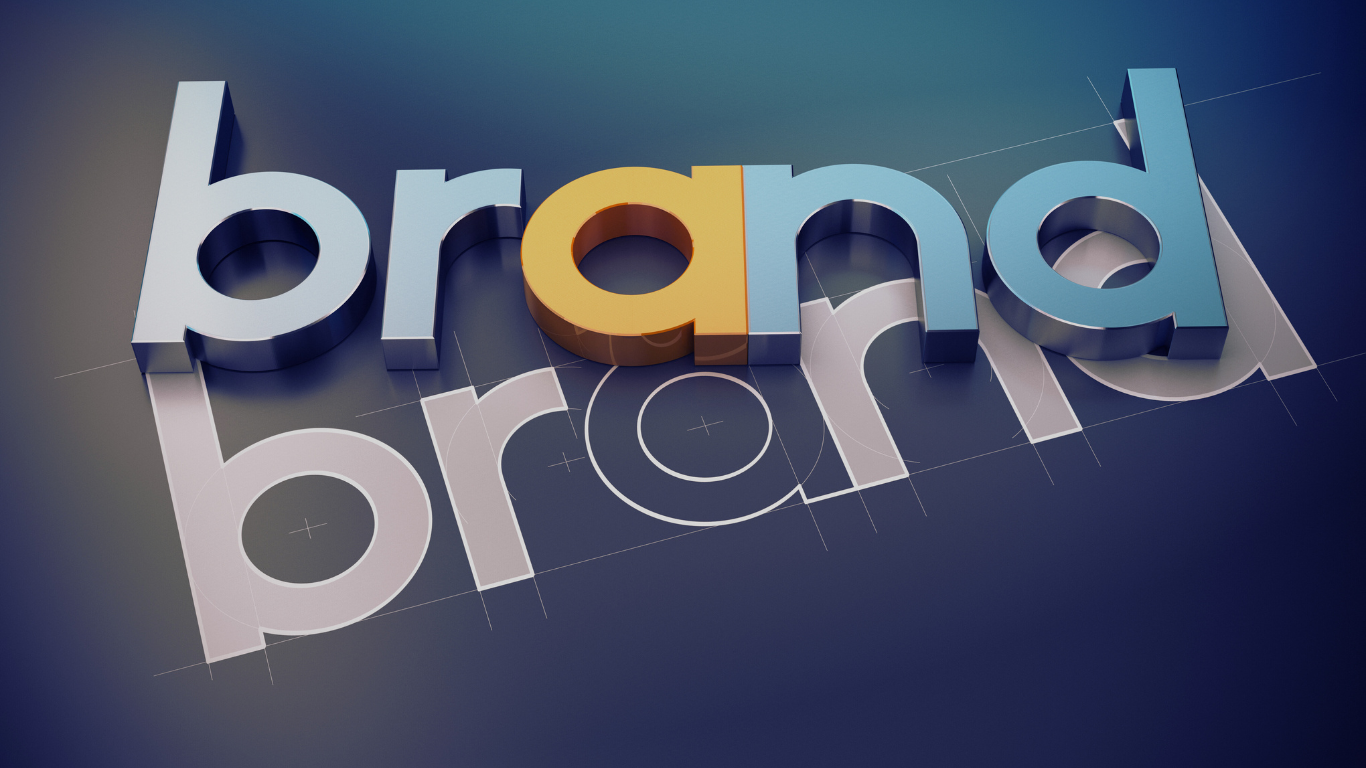






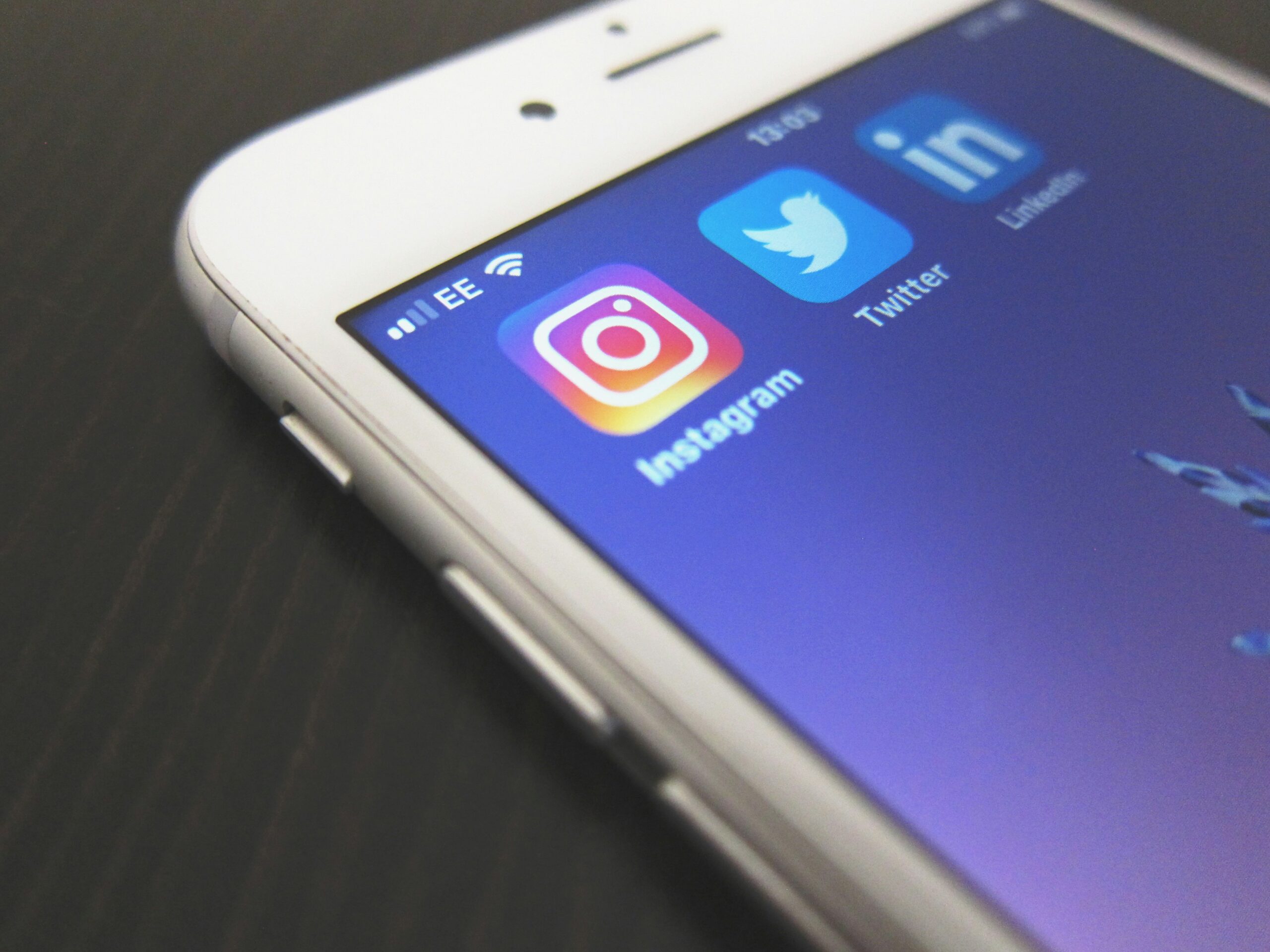






Read the Comments +